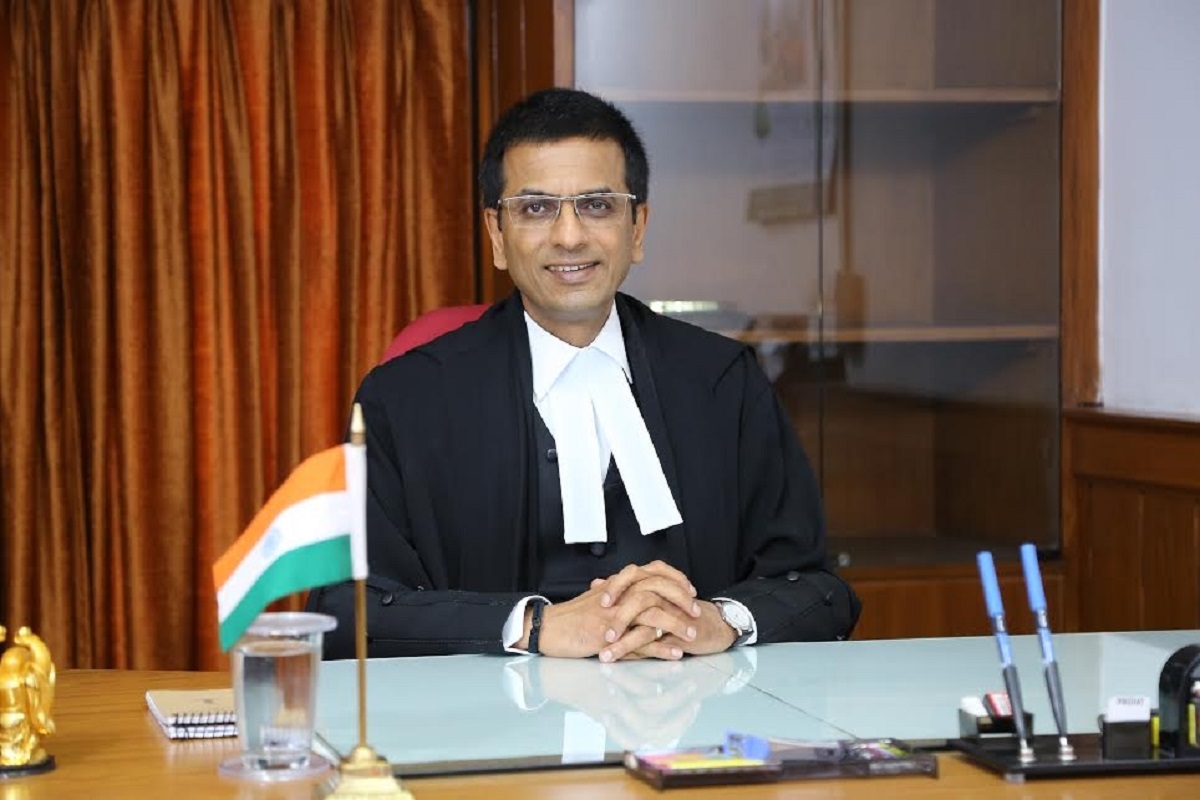The Supreme Court on Thursday said it will constitute a five-judge constitution bench to hear petitions against the Nikah-Halala and polygamy, practised amongst Muslims for being violative of fundamental rights.
Chief Justice D Y Chandrachud heading a bench, upon a mentioning by advocate Ashwini Upadhyay said, “At an appropriate time I will constitute a Constitution bench and have it decided.”
Advertisement
Upadhyay had sought an early hearing of his plea against the practice of Nikah-Halala and polygamy. Besides Upadhyay, advocate Mohsin Kathiri, Muslim women Naisah Hasan, Sabnam, Farjana, Sameena Begum too have approached the Supreme Court challenging the practice of Nikah-Halala and polygamy. They have sought a declaration that both Nikah-Halala and polygamy are unconstitutional.
Earlier, a five-judge bench of Justice Indira Banerjee, Justice Hemant Gupta (both since retired), Justice Surya Kant, Justice M M Sundresh and Justice Sudhanshu Dhulia were hearing the matter.
However, since both Justice Indira Banerjee and Justice Hemant Gupta have retired, a new bench has to be formed.
The practice of Nikah-Halala requires a divorced woman to marry someone else, consummate the marriage and then get a divorce in order to again marry her first husband under Muslim personal law.
On the other hand, polygamy is the practice of having more than one wife at the same time.
The cases were referred to a 5-judge Constitution bench by a 3-judge bench in March 2018.
The petitioners have contended that Nikah-Halala and polygamy render Muslim wives extremely insecure, vulnerable and infringes their fundamental rights.
They have sought that Section 2 of the Muslim Personal Law (Shariat) Application Act be declared unconstitutional and violative of Articles 14 (right to equality), 15 (discrimination on ground of religion, race, caste …) and 21 (right to life) of the constitution, insofar as it seeks to recognise and validate the practice of Nikah Halala and polygamy.











